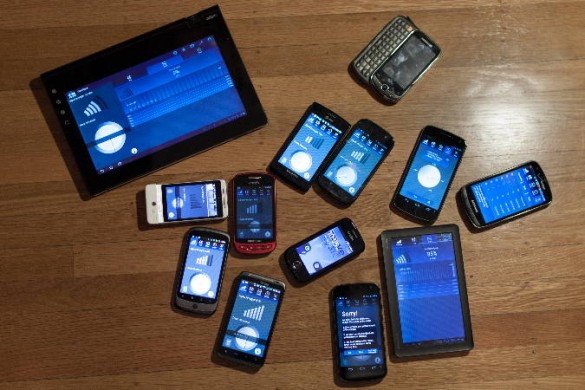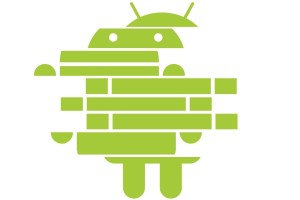
Each month, more mobile device designers announce the release of one or more Android devices. Out of 682,000 unique device downloads of the OpenSignal cellular coverage app, the organization recorded 11,868 unique devices, a staggering improvement from the mere 3,997 recorded in the previous year. With the diversity comes the headache of creating apps that work well with the hardware specification variations.
Buyers Can Enjoy Device Flexibility and Feature Sets
As if the hardware specific fragmentation is not enough, Google, the custodian of the open source operating system, further agitates the fray by releasing new versions of the operating system every now and then. By factoring in the variation in operating systems, the number of unique devices in the market is no doubt going to increase. Many people critique this uncontrolled development and view it as a disaster in the making while others believe that it actually works for the best.
To some consumers, the fragmentation is highly welcome since it places thousands of devices on our hands. This gives us the power to make tradeoffs between hardware performance and cost of the device. You can satisfy your smartphone or tablet taste with different feature combinations. This flexibility will let users get no more than what they need from their Android devices and applications.
Developers Can Build Optimized Experiences
 However, developers will most probably not welcome this idea of diversity. Most face the problem of having to scale their applications to accommodate the software and hardware diversities. To avail an application to several devices and OS versions, developers have to go an extra mile and make accommodations that either make their applications bulkier or even take a completely new approach and develop different applications for each unique device.
However, developers will most probably not welcome this idea of diversity. Most face the problem of having to scale their applications to accommodate the software and hardware diversities. To avail an application to several devices and OS versions, developers have to go an extra mile and make accommodations that either make their applications bulkier or even take a completely new approach and develop different applications for each unique device.
If developers decide to design different apps for different devices, users will download applications tailored to leverage the strengths their devices have on offer. Even though applications might not be the same in the app stores, users will always have access to an optimized application that works effectively on the device they have at hand.
A Chance for Us to Exercise our Human Resilience
What many people view as the downside of Android fragmentation might actually be a strength. With so many devices in question, there will always be something new to do regardless of the native operating system of firmware a manufacturer loads into their phone. This is evident in the many efforts freelance developers put into the development of customization apps and ROMs. This encourages the birth of new ideas in bid to make inferior devices and operating systems match their high-end counterparts.
As the number of unique devices jumping into the bandwagon increases by the day, developers and buyers just have to look for a way of making the best of this unstoppable event. It is an opportunity to exercise human resilience by converting shortcomings into strengths and scaling the hardware and software shortcomings to deliver applications that do more or less the same tasks regardless of what device they run on.

Leave a Reply
You must be logged in to post a comment.